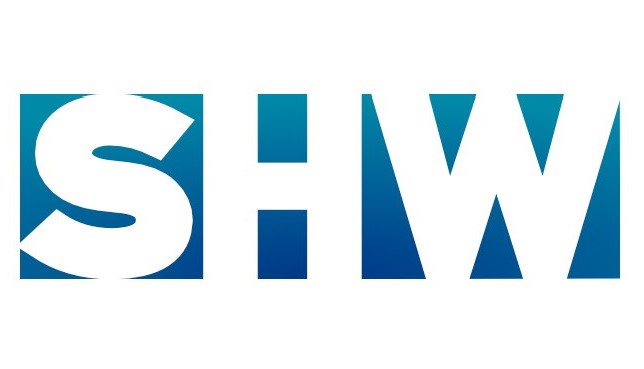
The Studycentre Hohe Warte aims to provide executives in business and administration with a part-time professionalization program that enhances their ability for theoretical reflection while maintaining a strong focus on practical economic applications.





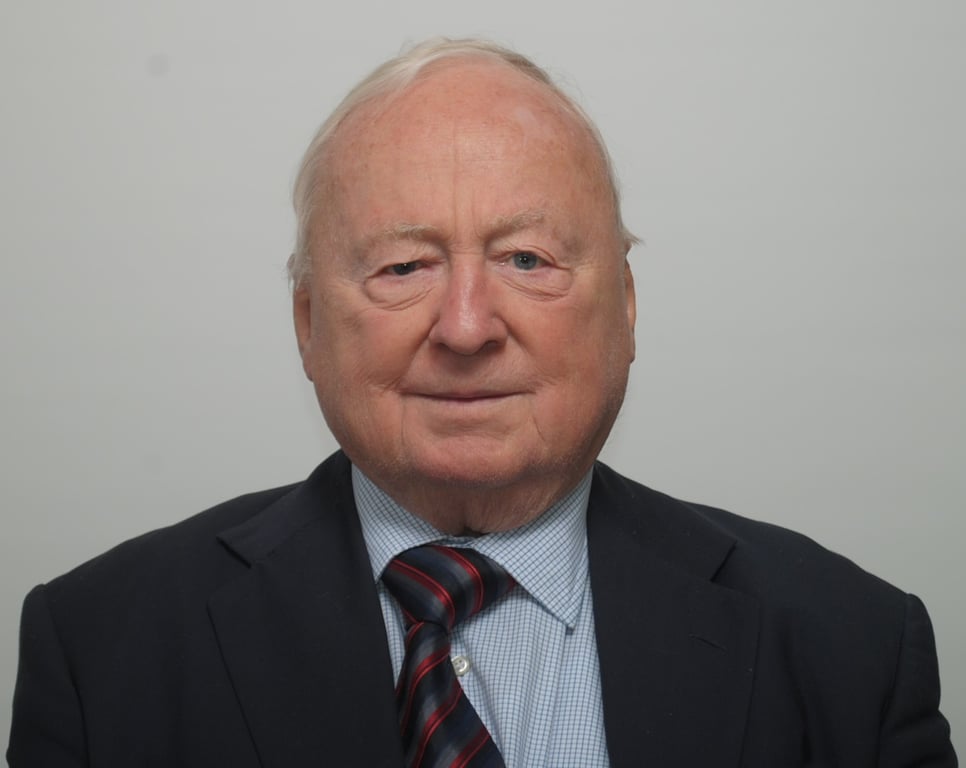
Peter Linnert studied business economics at the University of Hamburg. Receiving a doctorate in economics (Dr. rer. pol) in 1964. In 1992 he was appointed as director for corporate management at the Technical University Merseburg. Followed by the appointment as full professor at the Technical University of Vilnius in 1994. In 1999 Peter Linnert took over the management of the Sales-Manager Academy Vienna and in 2006 he was appointed as prorector at the European University. Awards: Austrian Cross of Honour for Arts and Science I. class Gold Decoration of Merit of the Province of Vienna
Silver Medal of Honour of the Republic of Austria
Grand Decoration of the State of Burgenland
Works: 48 works in 145 publications in 3 languages and 758 library holdings RESEARCH PROJECTS _________________________________________
1969 – 1973 System and tasks of marketing policy - The new techniques of marketing
1969 – 1973 Management Encyclopedia - The management knowledge of our time in 6 volumes
PUBLICATIONS ___________________________________________________
MONOGRAPHS AND TEXTBOOKS
Linnert Peter (1964). Die Finanzierung der Unternehmungen des Vortrags- und Aufführungswesens (Diss. Hamburg).
Linnert Peter (1969). Das Berichtwesen für Reisende und Vertreter richtig organisieren, München, Verlag Moderne Industrie.
Linnert Peter (1969). System und Aufgaben der Marketingpolitik – Die neuen Techniken des Marketing, München, Verlag Moderne Industrie, 1.Auflage 1969; 5.Auflage 1973
1969-1973: Management Enzyklopädie – Das Managementwissen unserer Zeit in 6 Bänden, München, Verlag Moderne Industrie. Autor folgender Beiträge: Selektive Absatzpolitik; Betriebsstatistik; Marketingplanung; Unternehmensbezogene Logistik; Verkaufsberichte.
Linnert Peter (1970). Marketing- und Verkaufsleiter Handbuch, München, Verlag Moderne Industrie. Autor folgender Beiträge: Marketing Mix; Entlohnung von Reisenden und Vertretern.
Linnert Peter (1971). Clausewitz für Manager – Strategie und Taktik der Unternehmensführung, München, Verlag Moderne Industrie.
Linnert Peter (1972). Organisation und Marketingpolitik, München, Verlag Moderne Industrie.
Linnert Peter (1972). Leistungsgerechte Vergütung im Verkaufsaußendienst.
Linnert Peter (1972). Übersetzung und deutsche Bearbeitung: Marketing Management und Organisation, herausgegeben von Steward Henderson und Boyd Britt. Linnert Peter (1973). Herausgeber des Handbuches der Verkaufsförderung, Hamburg, Verlag Marketing-Journal.
Linnert Peter (1973). Herausgeber des Handbuches „Organisation", Deutscher Betriebswirte-Verlag, Gernsbach.
Peter Linnert (1974). Produktmanager - Aufgaben und Stellung im Unternehmen, Deutscher Betriebswirte-Verlag, Gernsbach.
Peter Linnert (1974). Praktische Analyse und Kontrolle von Umsatz und Gewinn, München, Verlag Moderne Industrie.
Peter Linnert (1988). Übersetzung und deutsche Bearbeitung: Marketing: eine Einführung; „Marketing: An Introduction" Philip Kotler, Gary Armstrong.
Peter Linnert (1992). Größere Markterfolge durch Total Quality Management (TQM), Service Fachverlag an der Wirtschaftsuniversität Wien.
Peter Linnert (2019). Die blinden Flecken der Wirtschaftskriminalität: Wirtschaftskriminalität im Spannungsfeld von Verhaltensökonomie, Social Engineering und Ethik, Wien Verlag Hohe Warte
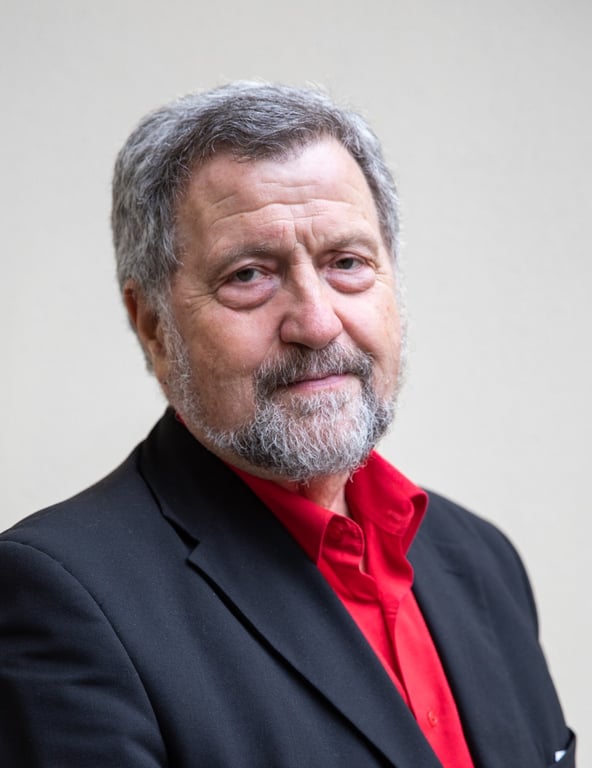


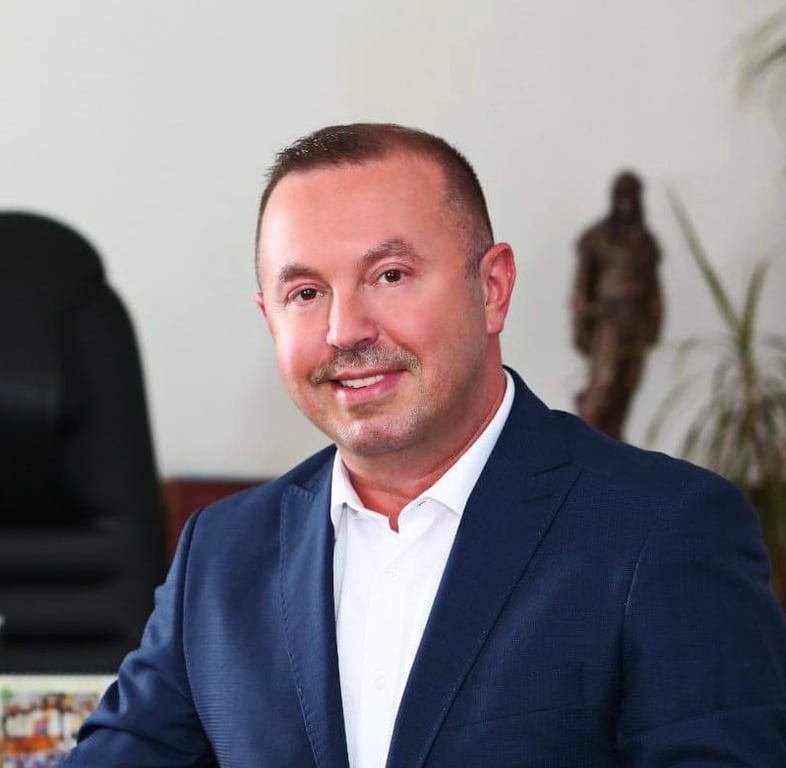

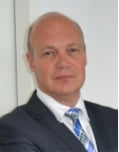
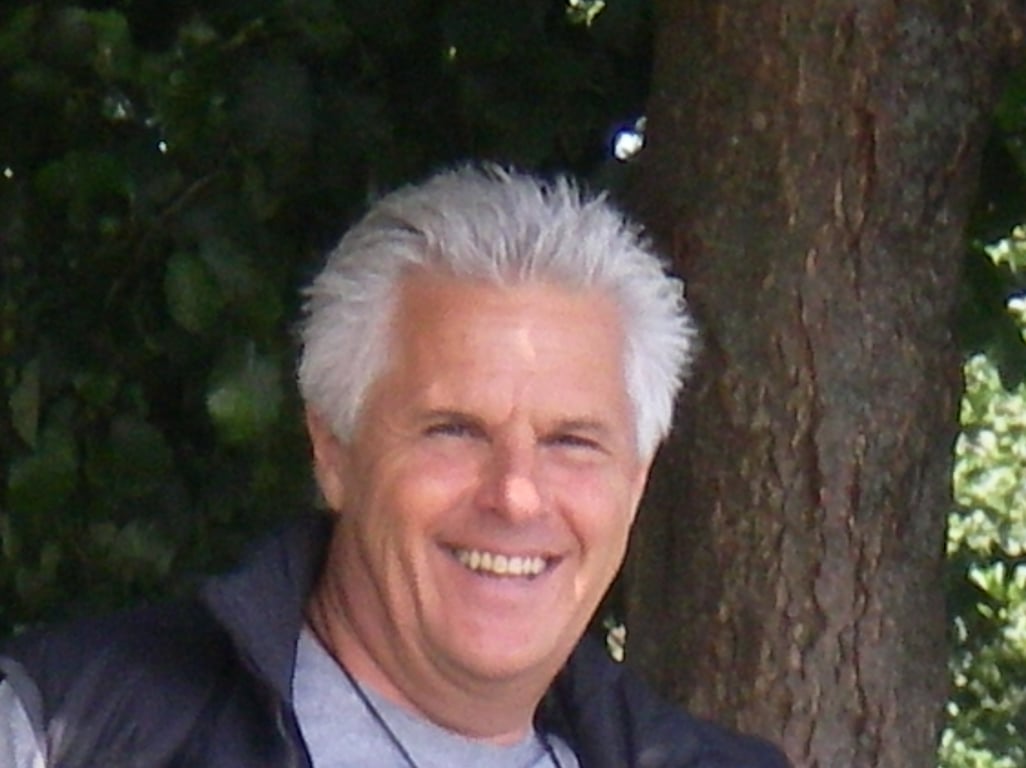

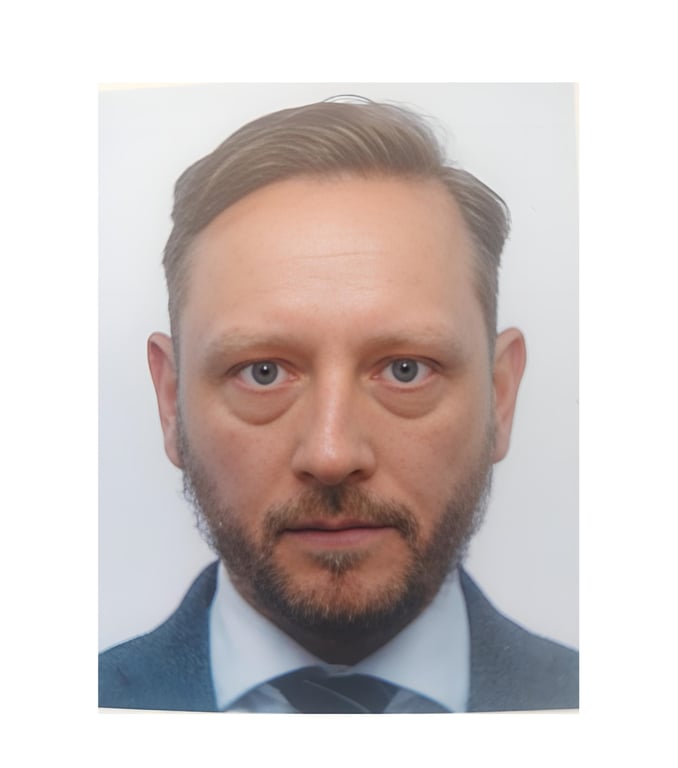

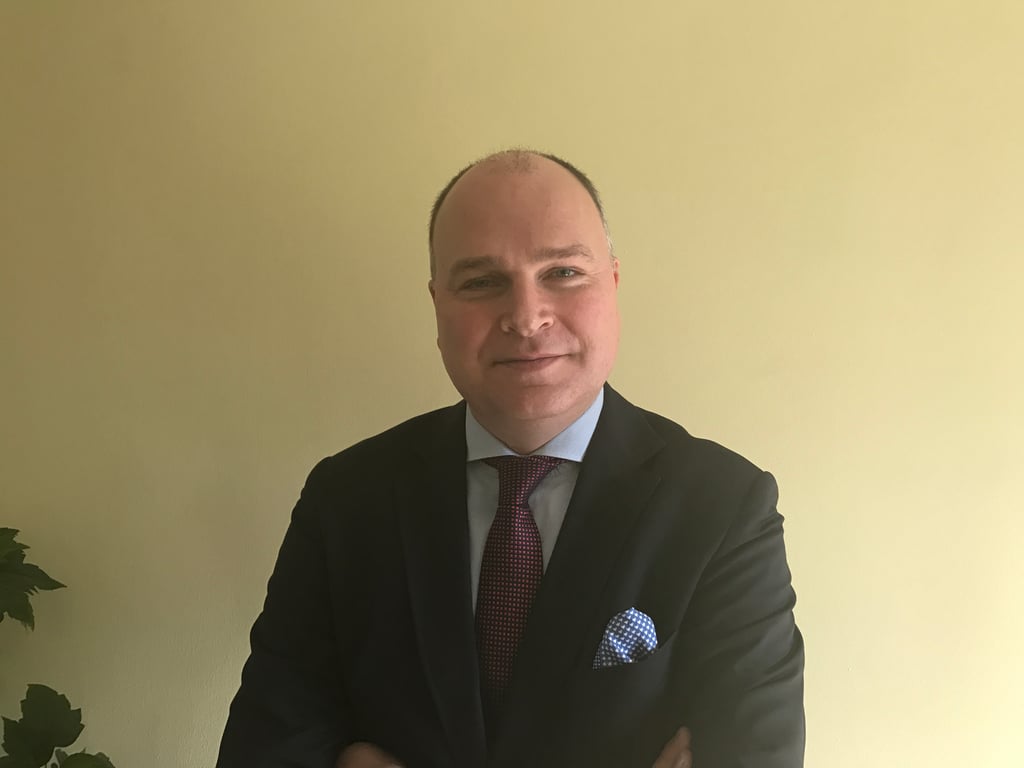
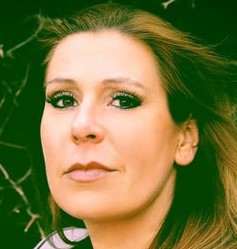
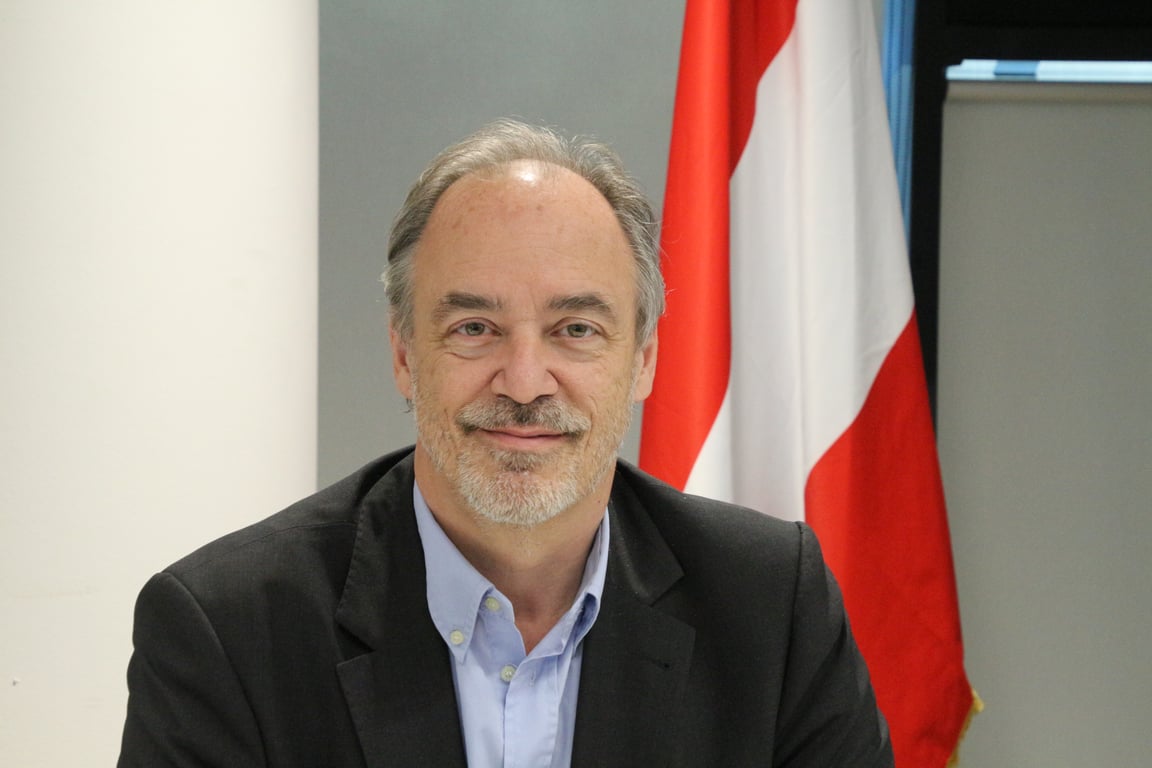
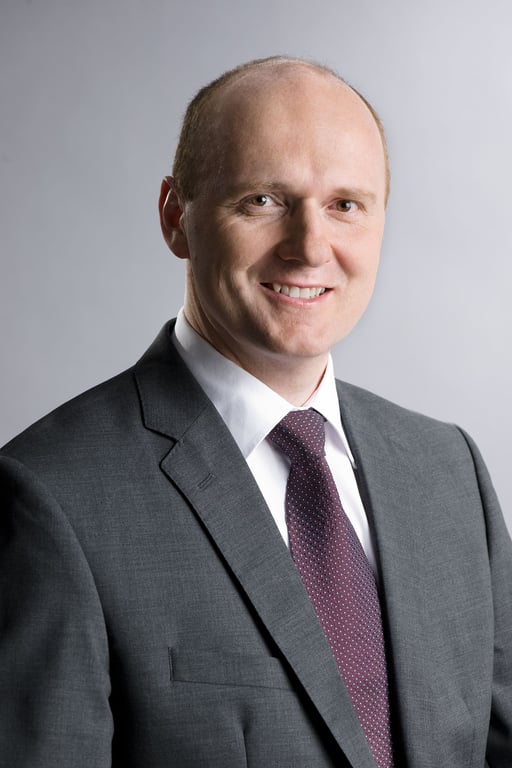
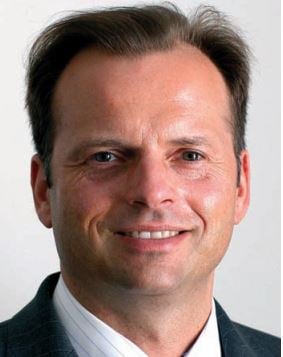
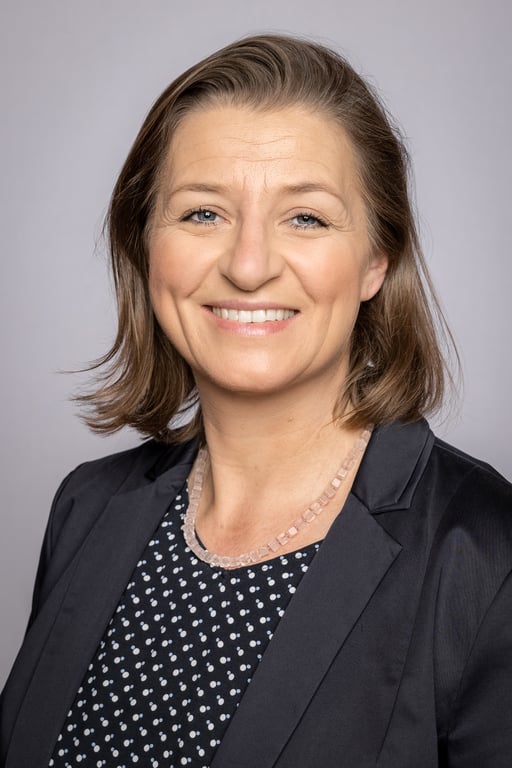

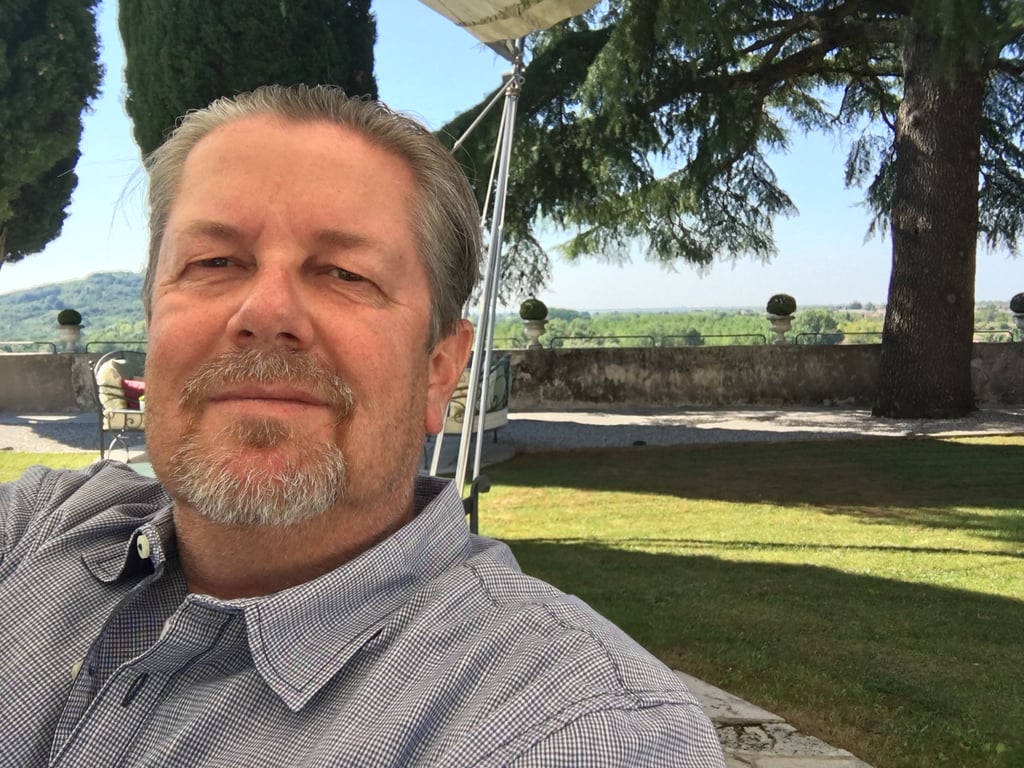
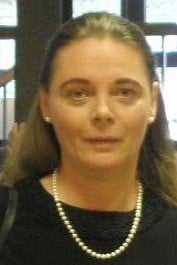
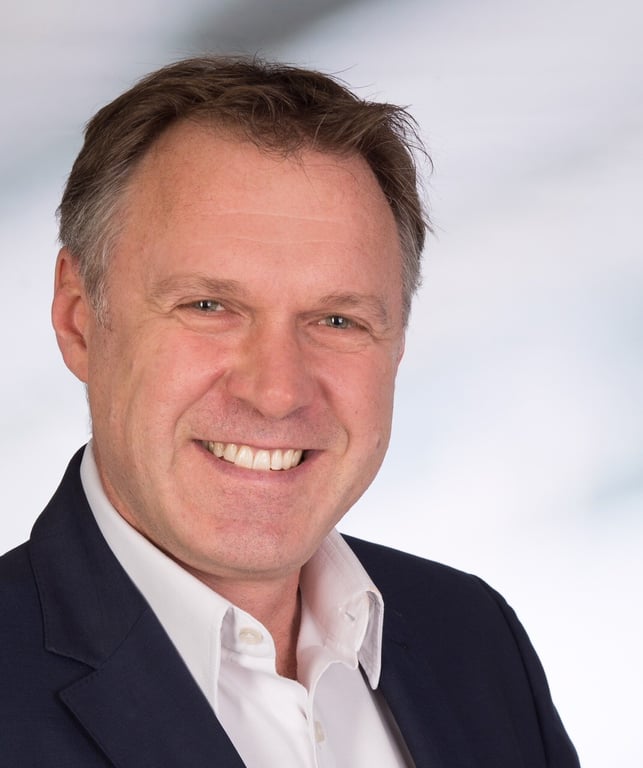
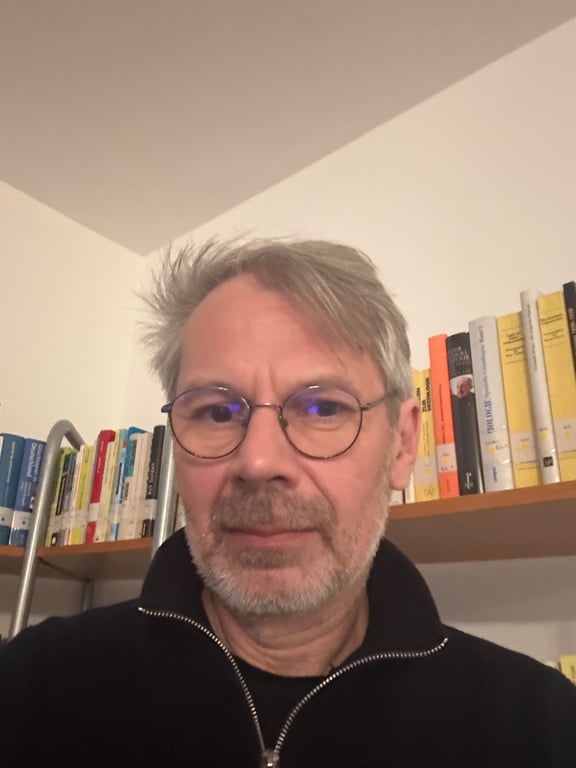
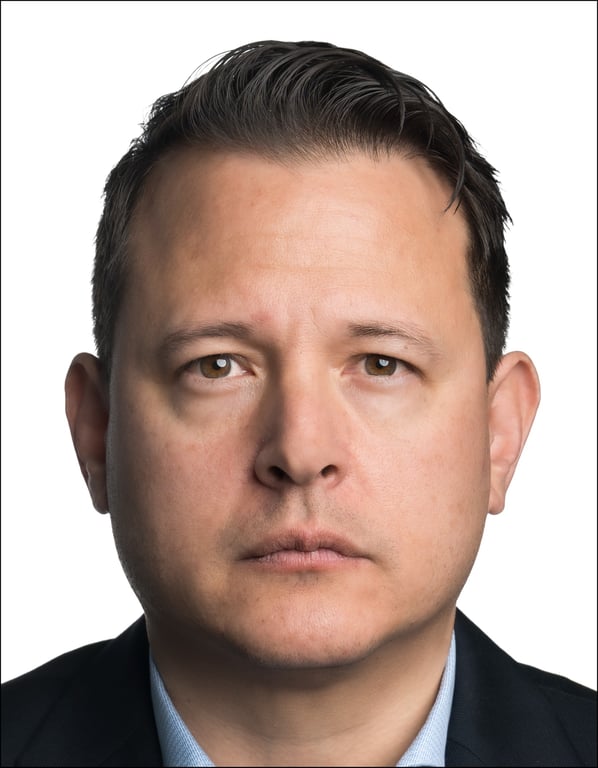
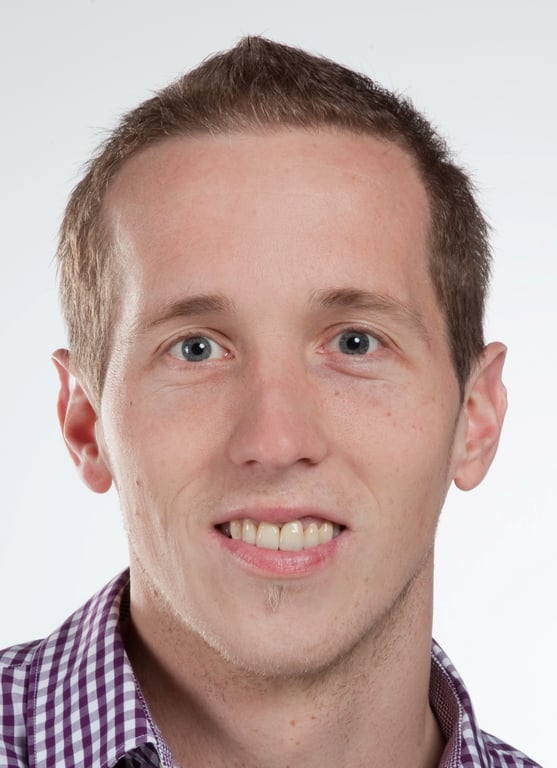
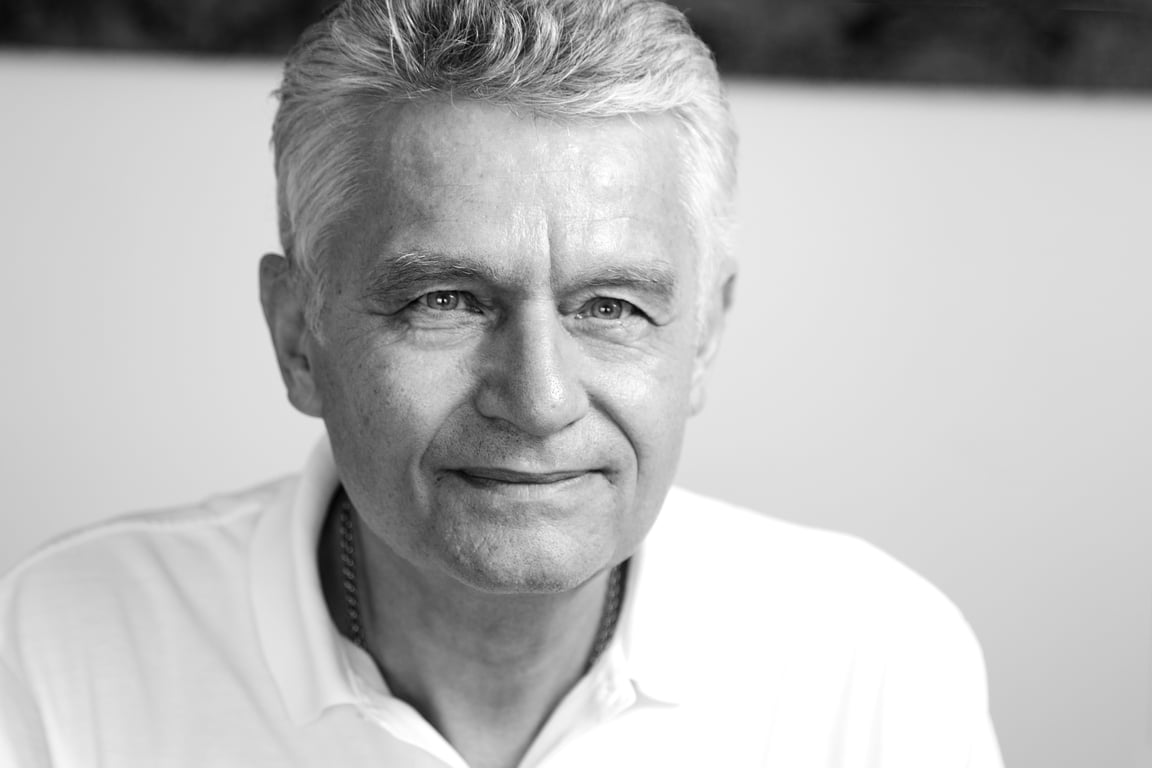
Studienzentrum Hohe Warte
is a full member college of Woolf, offering accredited degrees under the European Standards and Guidelines (Brussels 2015). Woolf is a global collegiate Higher Education Institution licensed in Europe (license 2019-015), and the operative Policy of Quality Assurance allows member colleges to share the same standards of accreditation while independently managing their own students and faculty. Courses with ECTS credits are specifically designated as such.

The European Higher Education Area (EHEA) today comprises 49 member countries - more than just Europe. All the Higher Education Institutions in the EHEA use the European Credit Transfer System (ECTS), providing a shared framework for accrediting courses and degrees.

The Bologna Process names the agreements which harmonize the accreditation standards of Europe. The process created not only the EHEA, but also the European Credit transfer System. Initially this was a system to transfer credits between institutions, and later it became the standard way to refer to the credits themselves, such as '90 ECTS credits'.

The European Commission is the executive branch of the European Union. It is responsible for proposing legislation, enforcing EU laws and directing the Union's administrative operations, including education initiatives and policy-making. It oversees the ECTS system. All EHEA countries have adopted the European Standards and Guidelines (ESG 2015).

Woolf (MT) is based in Malta, which has been a member of the European Union since 2004, and of the European Higher Education Area since 2010. Its degrees are fully integrated with the ECTS system, and its degrees and qualifications are recognized throughout Europe under the treaty obligations under the Lisbon Recognition Convention.

ECTS standards are validated by an approved regulatory authority. Woolf works with English-language authorities that implement the ESG 2015. The Malta Further and Higher Education Authority (MFHEA) implements ESG 2015 with the aim of further promoting quality in further and higher education.

Higher education in Switzerland is regulated both at the level of the Canton and at the Federal level (by the Ordinance of the Higher Education Council on Accreditation within the Higher Education Sector). Higher education in Switzerland places great emphasis on academic freedom and quality.

Woolf (CH) is based in Aargau, which is a canton in Switzerland, between Zurich and Basel. It has an innovation agenda, known for universities of applied sciences, innovation parks, incubation centers, and other resources for supporting research and technology transfer.

Woolf (WI) is based in Wisconsin, which licenses higher education institutions through the Educational Approval Program within the Department of Safety and Professional Services. The EAP ensures that approved schools are well run, educationally sound, and financially stable.

Woolf (WI) is based in the United States of America, which has a system of state licensure and regional or national accreditation through private agencies. The Department of Education does not directly approve of degrees. Foundation for International Services, a non-profit, independent credential evaluator and member of NACES.org since 1987, has evaluated Woolf’s Master in Business Administration and deemed it to be equivalent to one “from a regionally accredited institution in the United States.”
Learn more about our programs, and begin your journey as a student at Woolf.
\ Apply now